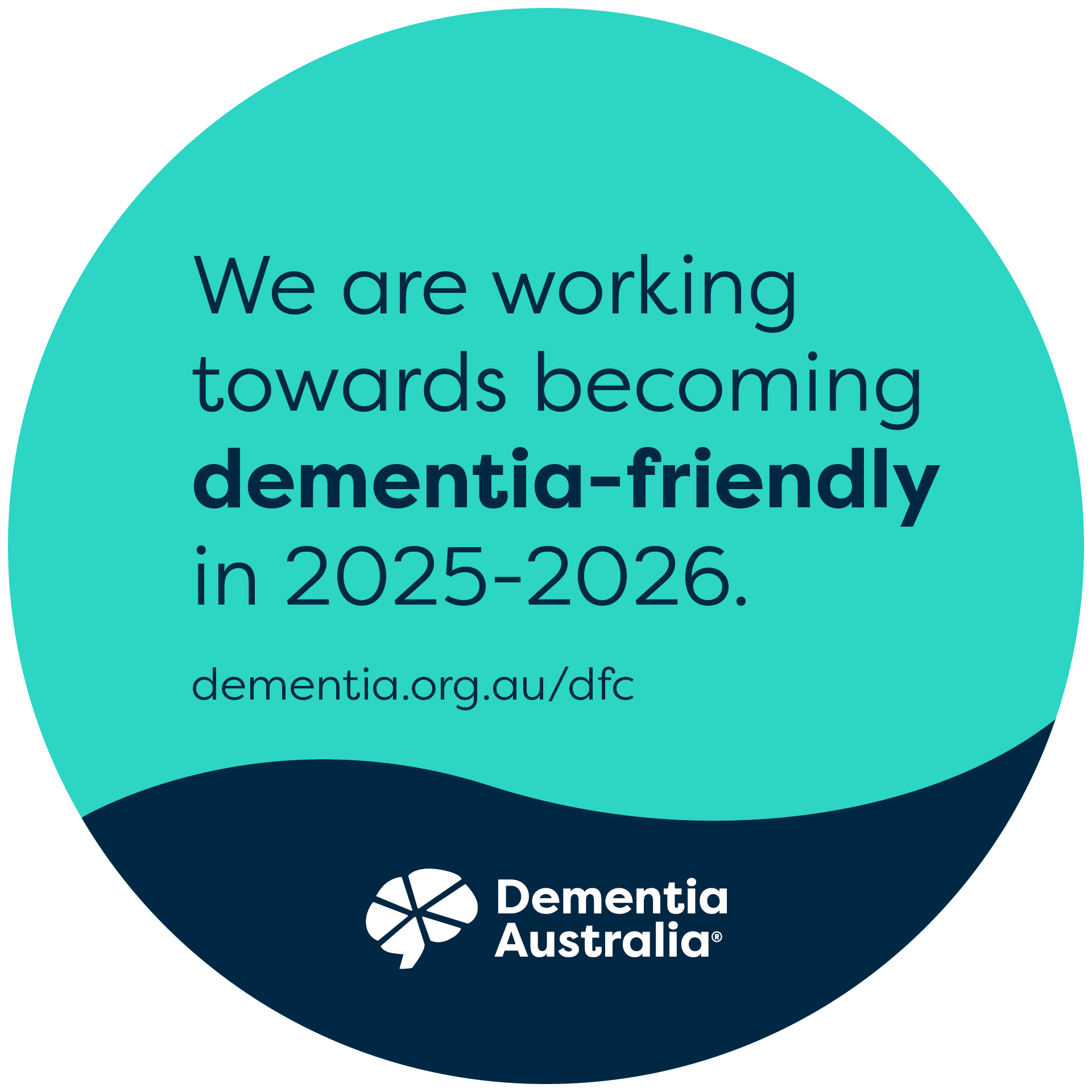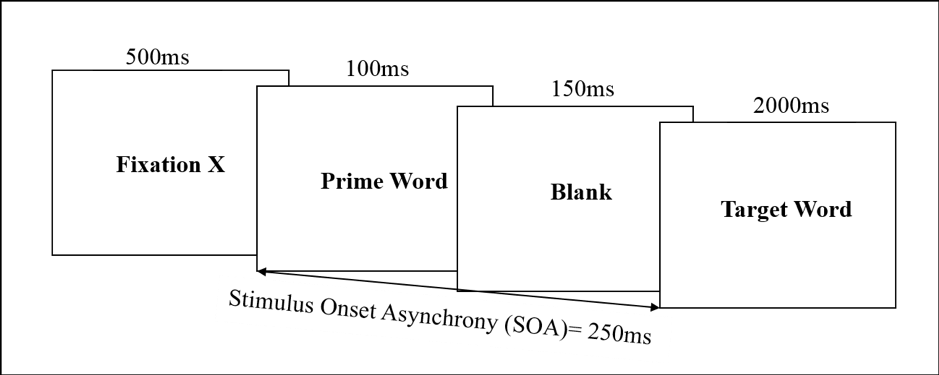The Dementia and Neuro Mental Health Research Unit, led by Professor Nadeeka Dissanayaka, facilitates clinical research programs in neurodegenerative conditions, particularly dementia in all forms and Parkinson's disease.
Our vision
To find novel solutions to improve diagnosis, treatment and care, enhancing quality of life for both individuals afflicted by neurodegenerative conditions, and their families, and reducing economic and societal burden.
Our mission
To improve clinical practice by rapidly translating evidence- based diagnostic and therapeutic interventions into real world settings.
Our strategic framework is supported by established partnerships with national and international public and private health care providers, residential aged care industry, software industry, and community and philanthropic organisations.
Our research is guided by an established Consumer and Community Involvement Group.
Research themes
- Clinical Trials: Cutting-edge pharmacological and non-pharmacological clinical trials to discover new treatment.
- Neuroimaging: State-of-the-art neuroimaging (e.g. MRI, EEG, PET) to guide therapeutic outcomes.
- Technology: Technological innovations (e.g. virtual reality, artificial intelligence, telehealth) supported by tailored digital platforms and mobile applications to improve diagnosis and enhance remote delivery of interventions for wider outreach.
- Implementation Science: Knowledge transfer, best education practice and implementation into health services and aged care delivery models, and research commercialisation.
Who can participate in our research?
- People living with Parkinson’s disease and their care partners
- People living with Dementias of any type and their care partners
- People living with Mild cognitive impairment
- Residents in aged care, their families, and aged care staff
- Healthy older persons.
Our specialties
- Behaviours of concern and psychological symptoms in dementia
- Neuropsychiatric manifestations in Parkinson’s disease
- Remote psychotherapy interventions for anxiety and depression
- Management of delirium in hospitals
- Development and validation of neuropsychological tools
- Interventions and benchmarking tools for aged care
Our collaborative team
- Neuroscientists (cognitive neurosciences and signal processing experts)
- Digital Health Experts (information technology, data science, and software engineering)
- Medical Officers (Neurologists, Psychiatrists, and Geriatricians)
- Allied Health Professionals (Clinical Psychologists, Neuropsychologists, Speech Pathologists, Physiotherapists, Nurses and Occupational therapists)
- Implementation Scientists
- Health Economists
- People with lived experiences

Community involvement is a significant component of our research. We welcome persons living with dementia, Parkinson’s disease, their families, and residential aged care staff to become involved with our research program. This can include:
- Engaging with our research community advisory teams
- Getting directly involved with research protocol development
- Participating in community focus group discussions.
Our program is based in Brisbane, but through our expertise in telehealth the program is open to everyone, irrespective of where you live.
Contact us on 07 3346 5577 or n.dissanayaka@uq.edu.au.
Contact Nadeeka Dissanayaka (n.dissanayaka@uq.edu.au) to make a donation to our research.
Alternatively, click on the button below.
News
How VR technology is reducing psychological problems in older people
Treating anxiety and depression in Parkinson's and dementia patients

























